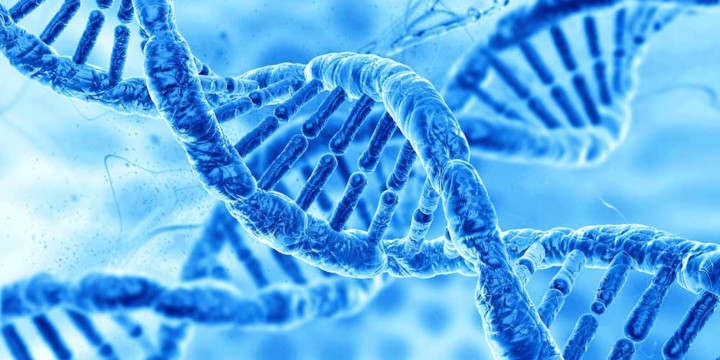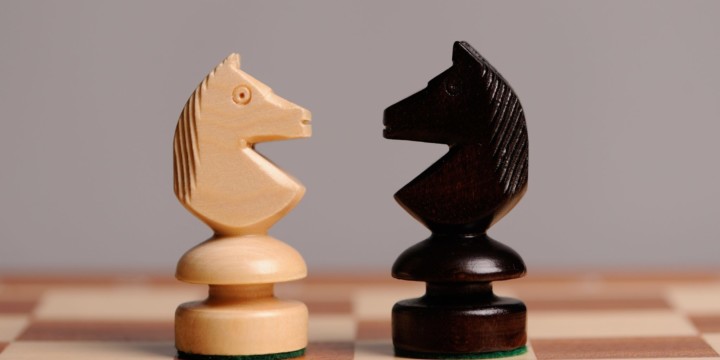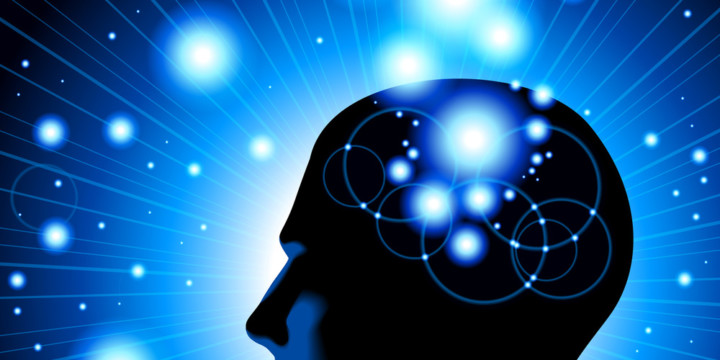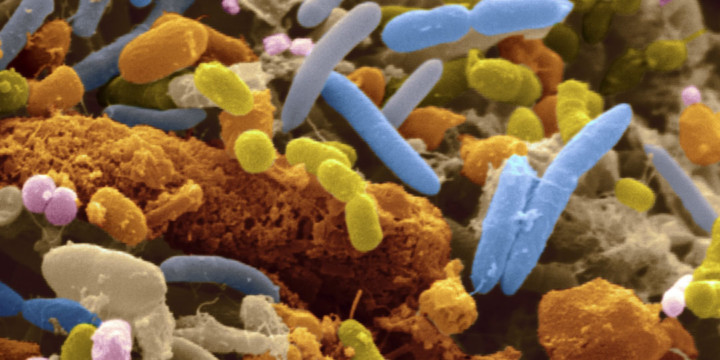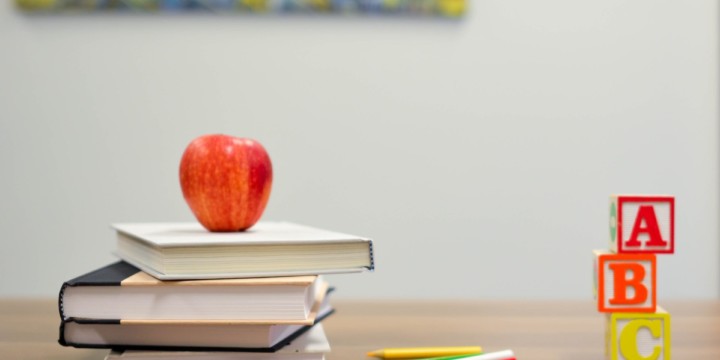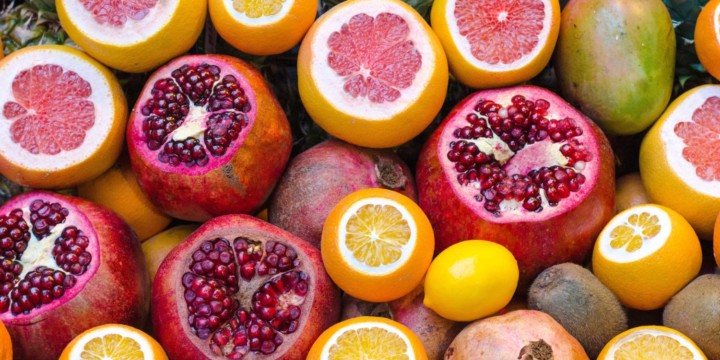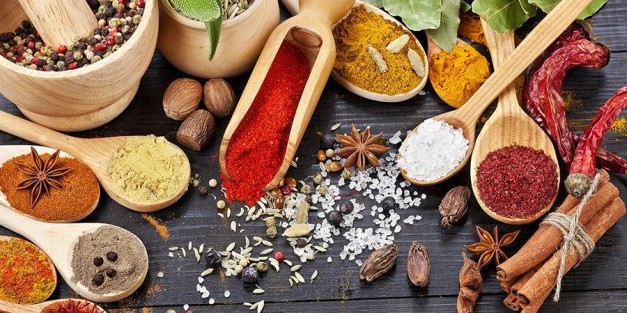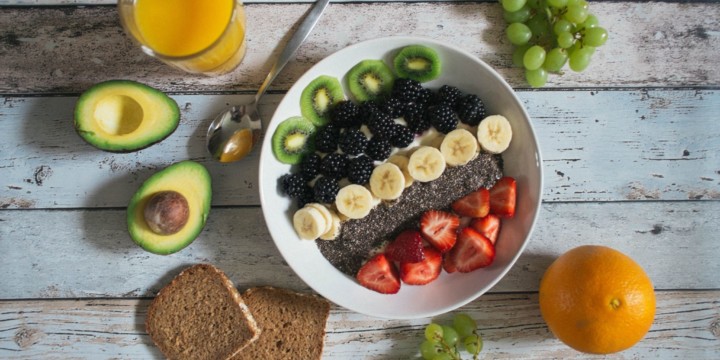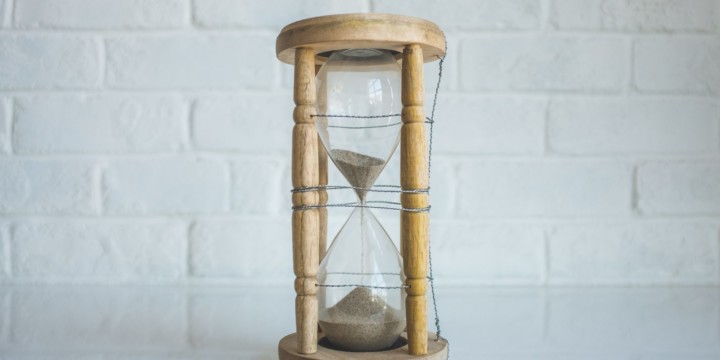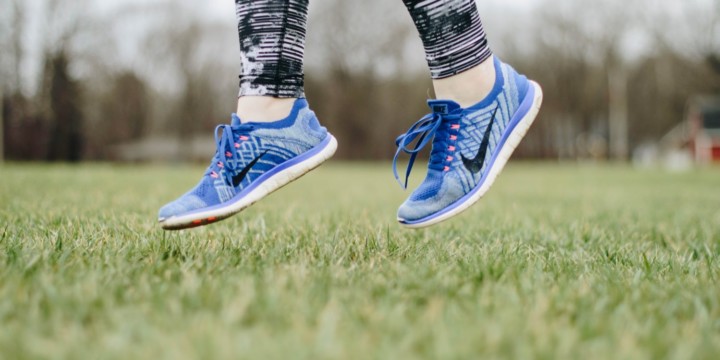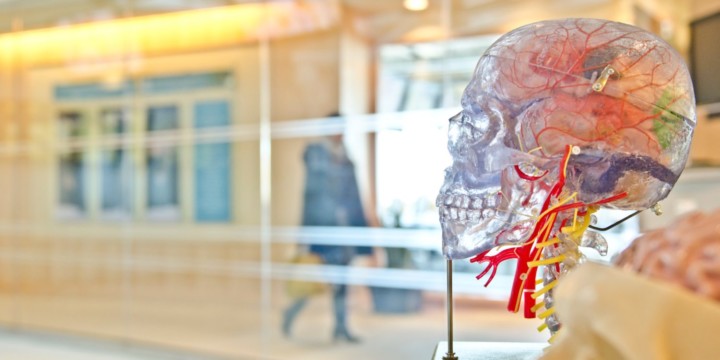Physiology of ADHD
Attention deficit hyperactivity disorder (ADHD) is a part of behavioral disorders that manifest in the form of inattentiveness, hyperactivity, and impulsiveness. A relatively common disorder seen in school-aged children, ADHD is observed more in male children. Although the symptoms of ADHD begin in childhood, ADHD can continue through adolescence and adulthood.
Causes
No exact cause of ADHD is known but certain risk factors are identified
- Genetic predisposition
- Substance abuse during pregnancy
- Exposure to environmental toxins at a young age
- Low birth weight
- Brain injury
Symptoms
- Making careless mistakes at school, work or during other activities
- Having problem sustaining attention during playtime or at a task
- Fails to follow instructions to finish schoolwork or office assignments
- Loses things necessary to complete school work or office task
- Fidgety in the classroom or at the office
- Non-stop chattering
- Blurting out an answer before completion of a question
- Being constantly in motion
Treatment in Allopathy
There is no cure for ADHD but treatment are available to manage the symptoms
- Stimulants: dexamphetamine and methylphenidate are used; this acts by releasing the dopamine in the brain which plays an essential role in thinking
- Antidepressants: chlorpromazine, thioridazine and lithium carbonate
- Behavioral modification, counseling and supportive psychotherapy
Ayurveda and ADHD
Ayurveda considers ADHD primarily as an imbalance of Vata Dosha. The Prana Vayu is situated in the head and it flows inward and upward. It governs the five senses and all that we consume through these senses. It relays the outside information to the mind via the central nervous system. According to Ayurveda the nervous system and Prana Vayu are intricately connected. When Prana Vayu gets out of balance, neurological issues emerge. Attention Deficit is the result of too much Prana flowing into the nervous system.
The root causes of ADHD may lie in overstimulation of senses from the environmental pollutants. These toxins can via food, water, and air are transferred from the mother to child in the womb.
Treatment in Ayurveda
The treatment in Ayurveda focuses on cleansing and rejuvenating the body and mind, strengthening the central nervous system with the help of conducive diet and herbs and focussing the mind through Yoga and Pranayama.
Detox and Rejuvenation
The first line of treatment in Ayurveda is to cleanse the system of toxins or ama and build ojas. Panchakarma treatments like Abhyanga or oil massages, Nasya (putting medicated oil through the nose), Shirodhara ( pouring gentle liquids or oil on the forehead), Shirobasti (holding the oil or liquid on the head in a hollow leather cap) can be carried out depending on the doshas and extent of the problem.
Diet
A Vata controlling diet can go a long way in alleviating some of the symptoms of ADHD. A diet is tailormade for pacifying the vitiated doshas. As a general rule diet should consist of fresh vegetables, fruits, whole grains, nuts, plant proteins, and essential fatty acids like omega-3. Food rich in preservatives, chemicals, pesticides or additives should be totally shunned. As far as possible go for organically cultivated fruits and vegetables.
Ghee is highly recommended to pacify the Vata dosha. Ghee helps to increase the power to acquire, use and retain knowledge. In Ayurveda, ghee is added in many herbal concoctions to enhance their action./span>
Herbs
Herbs like Brahmi, Yashtimadhu, Jatamansi, Guduchi, Shankhpushpi, Ashwagandha, and Gotu Kola are given as per the condition of the child. These herbs are known for increasing the mental abilities. They also help to build tissues and pacify Vata and Pitta Doshas. It is also recommended to administer Suvarnaprashan for children up to age 15 years.
Sound Sleep, Yoga and Pranayama.
A sound sleep is essential in managing ADHD. Lack of sound sleep leads to diminished mental performance. Before sleeping you can give a child a mild head and foot massage. This would help her to sleep well throughout the night.
A simple deep breathing exercise can help a child to focus and build memory. Depending on the age of the child different kind of yogic postures and breathing exercises are prescribed.
ADHD and Naturopathy
According to Naturopathy, the causes of ADHD may lie in genetics, the build-up of the toxic load in the body, food allergies, blood sugar imbalances, weak digestive and a weak methylation process. Like most diseases, ADHD is a multifactorial and its manifestation differs from child to child.
Treatment in Naturopathy
Naturopathy first concentrates on identifying the food allergies that a child may have and remove those food items from the diet. This simple step helps in regulating the behavior of the child. A food intolerance can be undertaken.
The second step involves detoxing the body of the toxins. In Western Naturopathy, various tests like hair and blood tests can be done to figure out whether the child has heavy metal toxins present in the body. Depending on the nature of the toxins, detox in carried out. In India largely enema, massages, hydrotherapy, liver and kidney packs are done to cleanse the system of toxins. A few naturopathy centers also carry out the process of chelation for removing toxins from the body.
Strengthening Digestive System
Since the immune system is closely linked to the digestive system, special care is taken to improve the digestion. Leaky gut is primarily responsible for the spread of toxins throughout the body. Many children with ADHD may have blood sugar imbalances. Hyperglycemia, hypoglycemia, and inflammation, in many cases, are responsible for hyperactivity. To prevent high blood sugar levels, all the refined sugar, white flour and processed food with preservatives are excluded from the diet. The health of the gut is improved by eating right kind of natural prebiotics and probiotics.
Strengthening Methylation Process
In many children with ADD and ADHD, the methylation process may be attenuated. Methylation helps in detoxing the body. MTHFR (methylenetetrahydrofolate reductase) is a key enzyme that is instrumental in the detoxification process. It plays a key role in gene expression and metabolization of neurotransmitters. The vitamin B6, B12, and folic acid are important for methylation. Include food items fatty fish, green leafy vegetables, asparagus, sunflower seeds, walnut, and cruciferous vegetables.
Hormonal and Neurotransmitter Resistance
A preliminary test to figure out the functioning of the thyroid glands, pancreas, adrenal also helps to ascertain the nature of the problem. Many children may have an imbalance in the secretion and absorption of neurotransmitters. Naturopathy uses a multi-pronged approach to ensure that the root causes of the problem are addressed.
A healthy diet
A well-balanced diet rich in macro and micronutrients is essential for the normal brain function. Children with nutrient deficiencies are more likely to have cognitive and behavioral problems. Food rich in magnesium, zinc, Vitamin B6 & B12, iron, omega 3 fatty acids and saturated fats like ghee and coconut oil is essential for the proper brain function. The inclusion of different colored fruits and vegetables, nuts, seeds, and whole grains, can help in overcoming these deficiencies.
ADHD and Homeopathy
Homeopathy offers a gentle and holistic way of treating ADHD. It views each sufferer as a different individual and offers specific treatment for each. Homeopathy works on the principle of ‘Like Cures Like’ and the substance that produces the symptoms are used to treat the same symptoms, albeit in extremely minute doses.
Treatment in Homeopathy
Homeopathy is a highly specific science and the treatment plan and medicines used vary from person to person even though the condition may be same. The homeopath will take a detailed case history and choose a remedy that is best suited to you.
Given below are some of the most commonly used remedies for ADHD.
- Agaricus Muscaris– This remedy is best suited for kids suffering from ADHD who are hyperactive, their hyperactivity characterized by excessive talking, cheerfulness and a highly developed imagination.The high amount of energy with an imagination in overdrive makes the child quite restless, frenzied and impatient. There is so much going on in his mind and there is so much to say that often the speech is incoherent. The children are also quite reckless and fearlessly perform activities that otherwise would be considered inappropriate for their age.
- Tarentula Hispanica– The Tarentula kid is best described as ‘bursting with energy’. A physically restless kid, the parents will complain that he keeps jumping off from the table, dances with jerky movements all the time and just cannot keep still. The energy level is so high in these kids that it often crosses over to destruction. Throwing off things, breaking and destroying them are often seen. The tarantula kid is a very whimsical, grumpy and stubborn kid.
- Hyoscyamus Nigricans– This remedy is indicated in cases where ADHD present as a child with hyperactivity bordering upon or crossing over to mania. The child is excessively irritable. He often speaks to his own self or with other persons who are not present in the room. This is due to the overactive imagination that crosses over into a hallucinatory stage. Hyoscyamus children usually present with disturbed sleep patterns. Physically the child may present with convulsions.
Homeopathy is a gentle and effective form of treatment. It is rumored to be slow-acting, but as all rumors are, this one is also not true. The duration of treatment depends on how well one’s body responds to the treatment. Usually, if the disease has been long-standing, it will take a while to go away too.
How to take Homeopathic Medicines
While on homeopathic medicines patience is of prime importance. One needs to be highly observant too. Report any alterations in health after taking the medicines, however trivial they may be, to your homeopath. These give a clear picture to your homeopath about the medicinal action and the disease prognosis.
Homeopathic medicines do not go well with coffee. Avoid taking coffee during the course of your treatment. Strong smelling food substances like onions and garlic are also best avoided.
Do not eat or drink anything for half an hour after you have taken medicines.
The most important thing to keep in mind is to not self-medicate. The remedies given above are only indicative. Always consult a qualified homeopath before taking any medicines.

